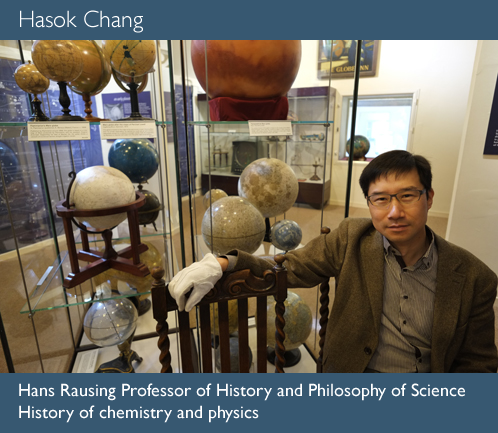Hasok Chang - Is Water H2O?
Duration: 1 hour 25 mins
Share this media item:
Embed this media item:
Embed this media item:
About this item

| Description: | Every schoolchild knows that water is H2O, but it was a terribly difficult thing for scientists to learn originally. |
|---|
| Created: | 2014-11-19 01:50 | ||
|---|---|---|---|
| Collection: | Clare Hall Colloquium | ||
| Publisher: | Clare Hall | ||
| Copyright: | Clare Hall | ||
| Language: | eng (English) | ||
| Keywords: | History of Science; Chemical Revolution; Lavoisier; Priestly; | ||
| Credits: |
|
||
| Abstract: | Every schoolchild knows that water is H2O, but it was a terribly difficult thing for scientists to learn originally. The story of the changing ontology of water is not only fascinating in itself, but illustrates many important points about the nature of scientific knowledge and its development.
The story begins with the Chemical Revolution of the late 18th century, in which Lavoisier’s proposal that water was a compound of oxygen and hydrogen flew in the face of the traditional wisdom that it was an element. Cavendish, who made the first synthesis of water from hydrogen and oxygen, thought that hydrogen and oxygen were merely water with an excess/deficit of ‘phlogiston’. Priestley also defended the phlogiston theory. Even the electrolysis of water in 1800 failed to produce a consensus. Agreement that water was a compound was not the end of the story. Dalton gave the formula of water as HO and it took half a century before consensus was reached on the modern set of atomic weights and molecular formulas, including H2O. |
|---|---|

